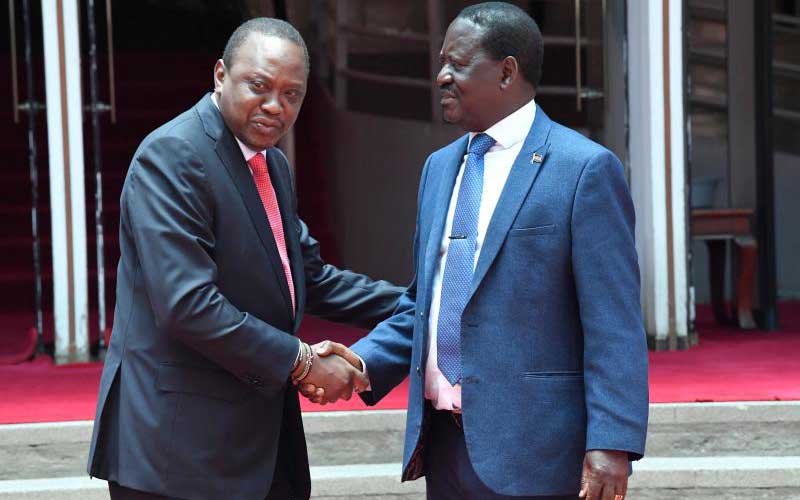×
The Standard e-Paper
Kenya’s Boldest Voice

Historians believe the handshake was a gesture of peace that demonstrated the human hand holds no weapon cast on it.
On March 9, 2018, a simple act of shaking hands changed the fortunes of a nation.